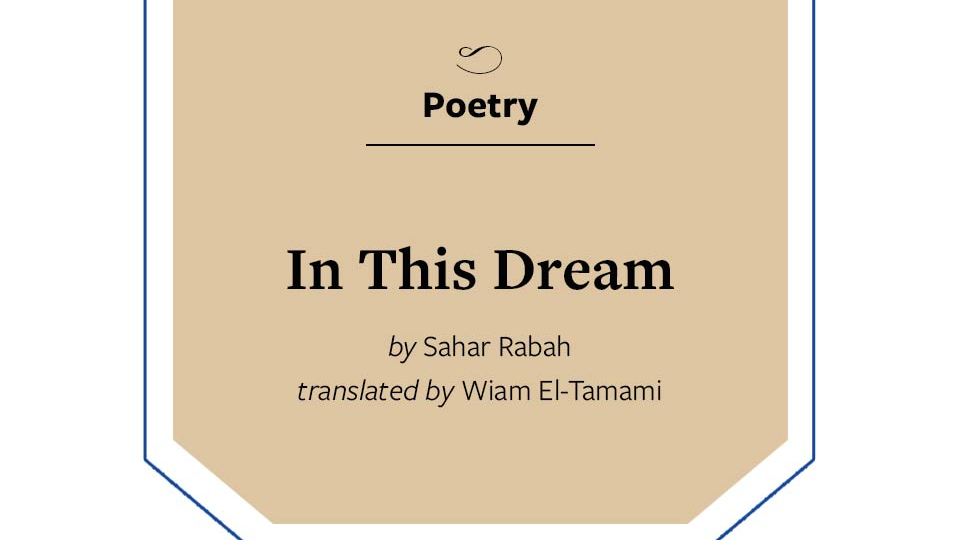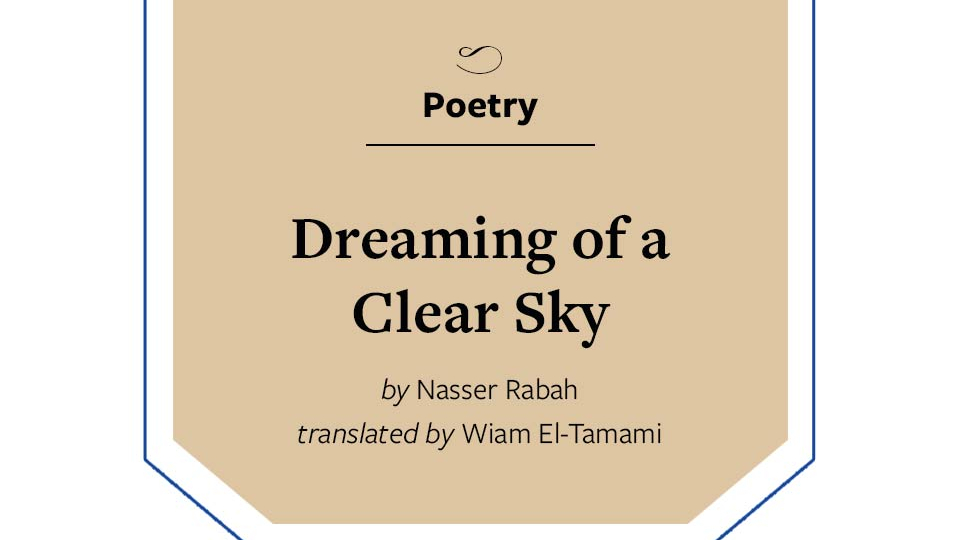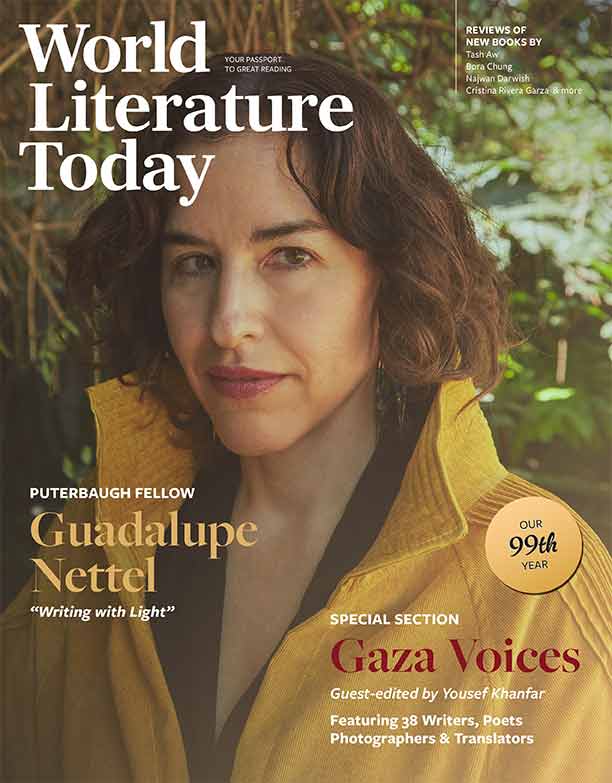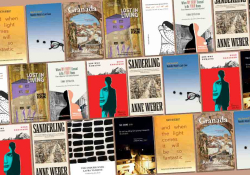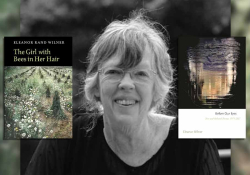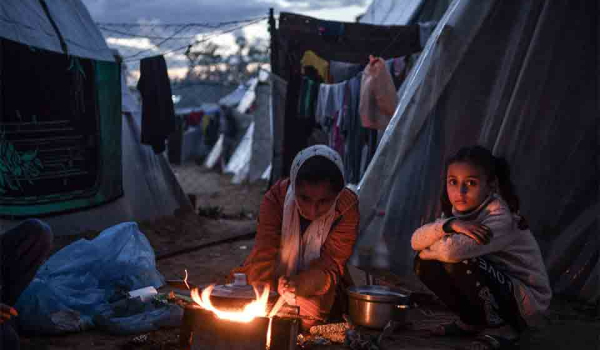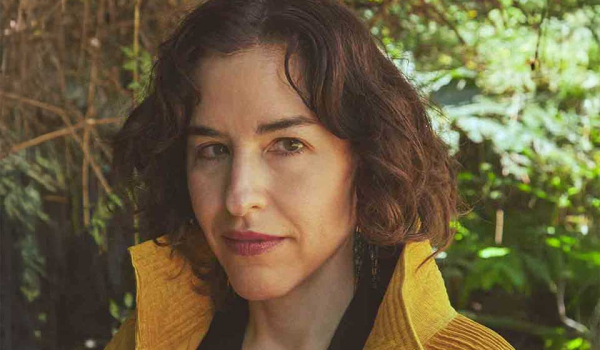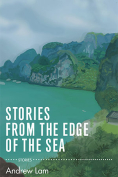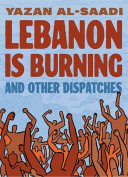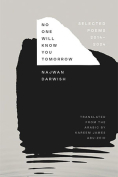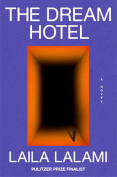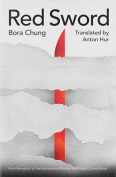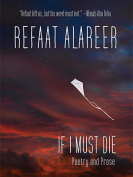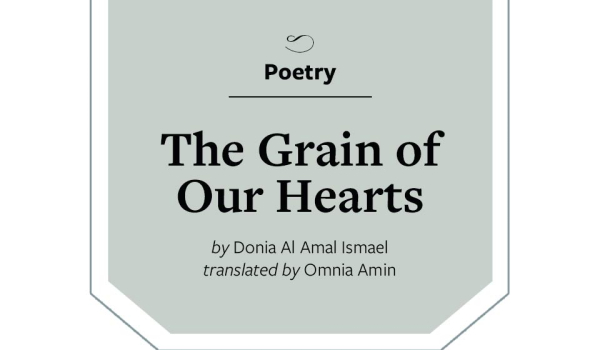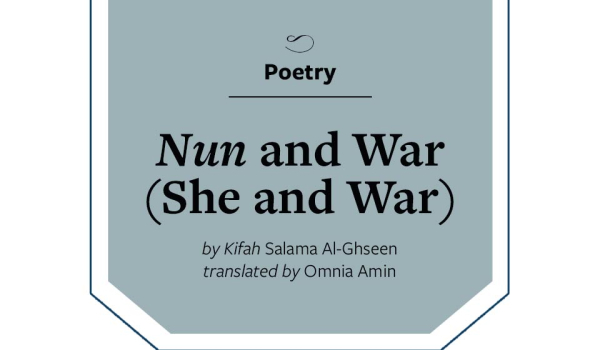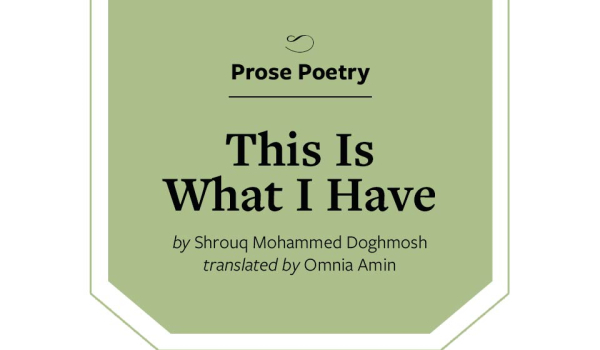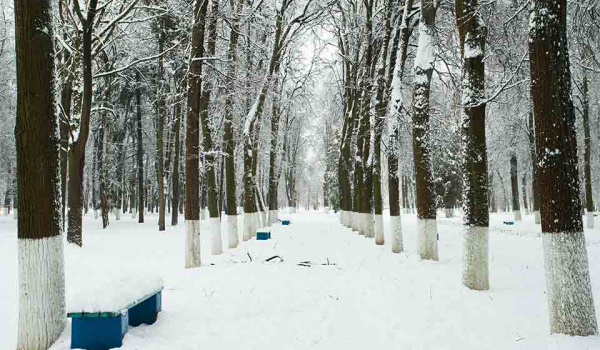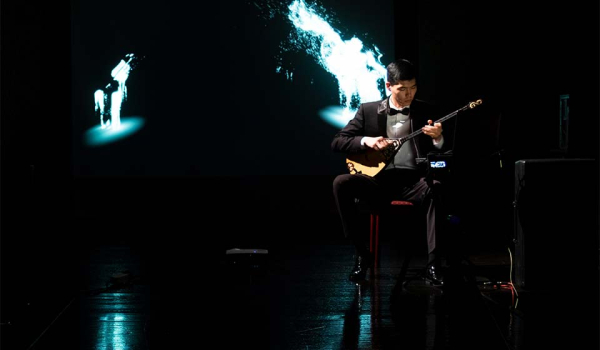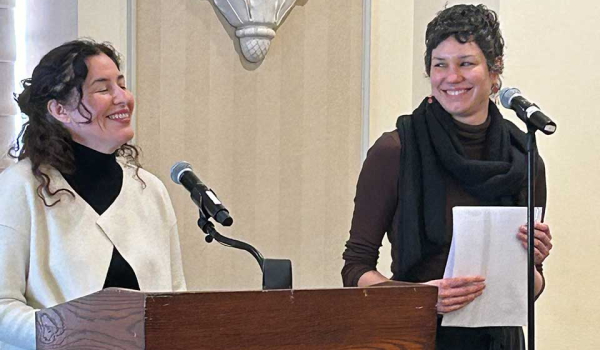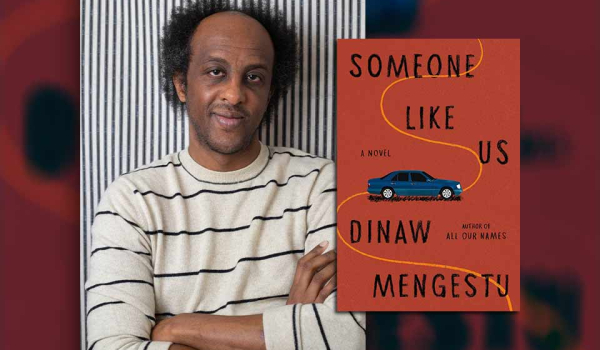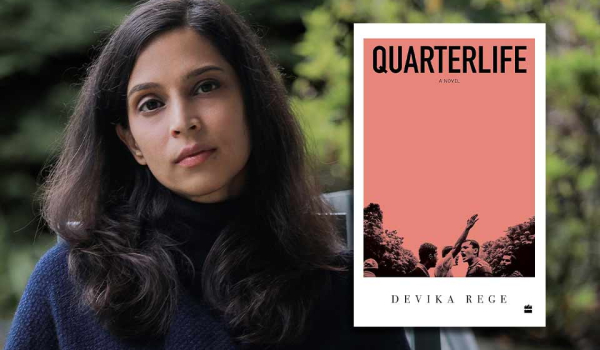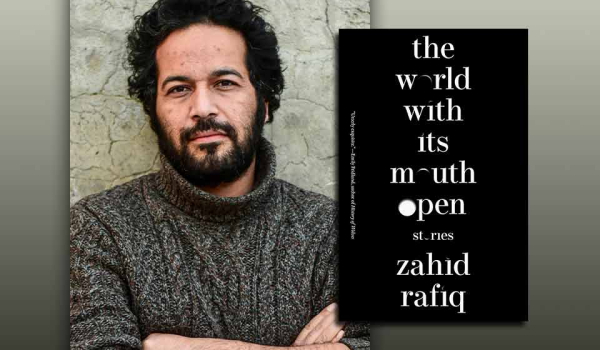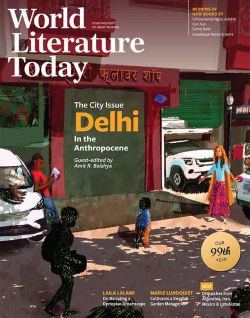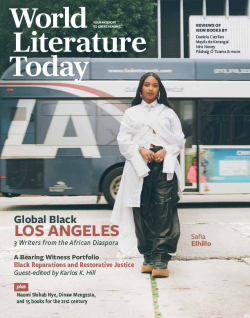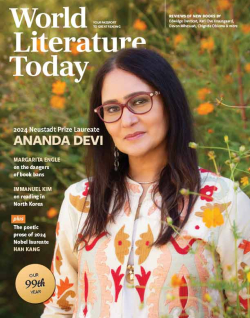A writer in the Jabalia camp in northern Gaza contemplates the many losses across multiple displacements and what the destruction wrought on Gaza says about the nature of this world.
“Gaza Voices” is a collection of stories, poems, and reflections that journey on the moving locomotive of literature and history. These are not mere words on a page; they are the breath of survival, the rhythm of defiance, the heartbeat of a people whose story has been written in the ink of struggle.
Nettel delivered the following keynote talk, “Escribir con luz,” in Spanish, alternating with the English read by her translator, Rosalind Harvey.
“The tents become lilies / sleeping on sadness / and pale moans,” from “The Grain of Our Hearts,” by Donia Al Amal Ismael (trans. Omnia Amin)
“Two keys remain in my palm: / a key to my house before the first Nakba / in Jaffa / with a shadow left to guard the oranges’ wishes / and the second for my house in the north / left ringing with / foam and froth,” from “Nun and War (She and War),” by Kifah Salama Al-Ghseen (trans. by Omnia Amin)
“I have fingers, for feeling the shiver my friend described when her lover kissed each finger / Not for wiping away my nephew’s tears as his chest is eaten by the infection in the tent,” from “What I Have,” by Shrouq Mohammed Doghmost (trans. Omnia Amin)
Misfire
A Russian police officer tracks the surprising release of a prisoner to fight in the war against Ukraine. Recalling the prisoner’s capture, the officer regrets his gun’s misfire. Or was it?
Myth lives on in Central Asia, but it has changed shape. Through multimedia projects, audiences become participants in rituals rather than mere participants, and multimedia artists create myth anew.
As Nettel’s principal English-language translator, Harvey shared insights from her translation of Nettel’s work, including how ambiguity makes readers active agents in meaning creation and the feature of doubling—of one thing containing, if you look closely and courageously enough, something else.
In his plea for the planet, in which “humans understand themselves as a harmonious part of the Earth, neither more nor less than other animals, plants, and rocks,” Spanish writer Ernesto Pérez Zúñiga advocates a new geo-humanism that restores nature to the center.
Doubt and Interpretation in Someone Like Us: A Conversation with Dinaw Mengestu
An interview with Dinaw Mengestu, whose latest novel Someone Like Us, is both “mystery and meditation” that “challenges [the] dominant narrative with a multiplicity of stories.”
5 Questions for Devika Rege
Devika Rege’s novel Quarterlife (Liveright, 2024) is populated with millennials who are discovering who they are and what they’re for in what is sometimes called “the New India.” The novel was a finalist for and won multiple awards in India and was recently hailed by the Wall Street Journal as “the best debut of the year.”
5 Questions for Zahid Rafiq
In December 2024 Tin House published Zahid Rafiq’s debut short-story collection, The World with Its Mouth Open. In these eleven stories from Kashmir, ordinary people have unusual days, which play out in city streets, parks, shops, a graveyard, and a home construction site, where those digging make a strange discovery.

